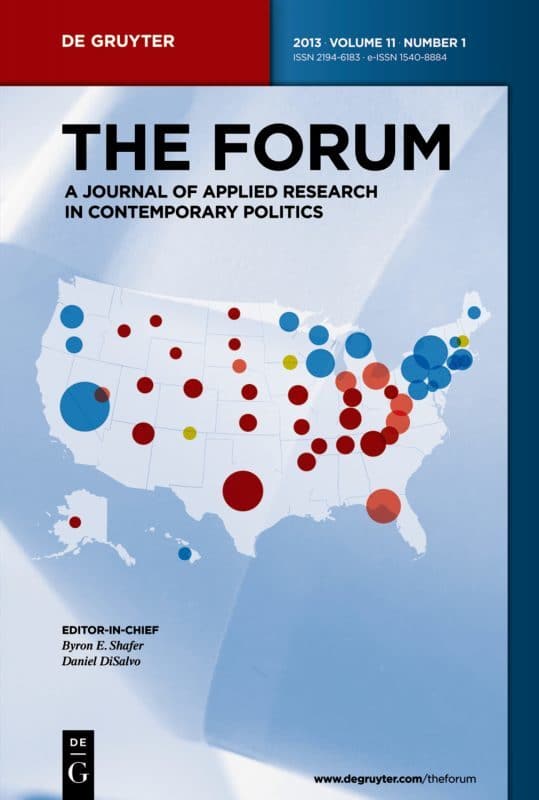Why States Should Raise the Minimum Wage Right Now
Research shows that individuals living in states that have raised the minimum wage are more likely to report being happy or satisfied with their lives - and the increase in happiness for low-income workers does not come at the expense of middle or upper income workers.
Whether your state has raised the minimum wage has real consequences for workers’ quality of life. Individuals living in states that have raised the minimum wage are more likely to report being satisfied with their lives. Public policies can have important effects on the quality of life that citizens experience, a fact that elected officials and citizens themselves should be acutely aware of.
For a research paper we published recently in The Forum, we compared the self-reported well-being of people in states that raised their minimum wage between 2010 and 2013 with those living in states that did not using data from the Gallup-Healthways Well-Being Index poll that surveys more than 500 Americans each day.
“We found that people living in states that raised the minimum wage reported higher levels of life satisfaction – that they were happier.”
We found that people living in states that raised the minimum wage reported higher levels of life satisfaction – that they were happier. Of particular note, we found that these effects were felt among low-income respondents – the very group targeted to benefit from higher minimum wage policies. Their happiness, however, does not come at the expense of the happiness of others. Middle and upper income respondents reported similar levels of life satisfaction regardless of the minimum wage in their state.
Minimum Wage and Life Satisfaction
Why might a higher minimum wage boost life satisfaction for low-income workers?
The first, and most intuitive, is that higher wages provides workers the ability to meet their most basic needs and those of the family. The difference before taxes between living in states with the highest minimum wage and living in a state with the lowest minimum wage is more than $12,000 a year for someone working 40 hours a week. Above and beyond the difference in cost of living across states, this sizable difference in income impacts what many of us take for granted – items like food, clothing, and shelter.
Our second plausible explanation is that higher minimum wages reduce job turnover or “churn.” Better wages result in more satisfied workers that are more likely to stay in their positions. Avoiding the stress and uncertainty of looking for new employment leads people to be happier with their lives.
Third, we argue that higher wages promote feelings of social connection and integration. Improved working conditions allow people the ability to build better relationships at work and more time to take advantage of opportunities outside of work to be a more active member of a community.
A fourth plausible explanation is that raising the minimum wage has the potential to boost feelings of political efficacy.
Raising the minimum is widely popular across demographic groups – but this also represents the rare occurrence when low-income workers get their policy preferences translated into policy. According to recent national polls, about 3 out of every 4 Americans supports raising the minimum wage from $7.25 to $10.10 per hour.
“According to recent national polls, about 3 out of every 4 Americans supports raising the minimum wage from $7.25 to $10.10 per hour.”
Support for raising the minimum wage, while especially popular with Democrats and Independents, is backed by almost 50% of self-identified Republicans as well. With such broad support, raising the minimum wage can be a political victory for low-income workers.
Prospects of Raising the Minimum Wage
So what are the prospects of giving workers a raise they deserve? In our research, the two best predictors of state minimum wage policy are party control of state government and the presence of the ballot initiative where citizens are able to vote directly on specific policy questions.
We find that policy more closely reflects public opinion in states when there is greater competition between the two parties or Democratic control of state government. For states under Republican control, whether the state has the initiative or not is largely responsible for whether citizens can bypass an unresponsive legislative branch and improve quality of life for workers.
Raising the minimum wage is not just a matter of dollars and cents – it has the potential to impact the quality of life for workers that deserve a raise.
[Title Image by ChrisGorgio / iStock / Getty Images Plus / Getty Images]
